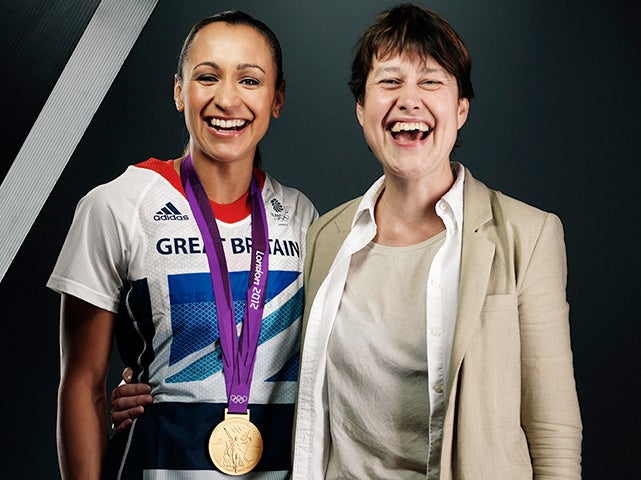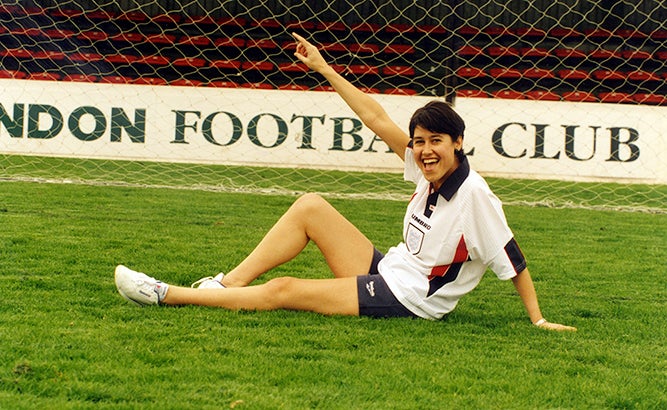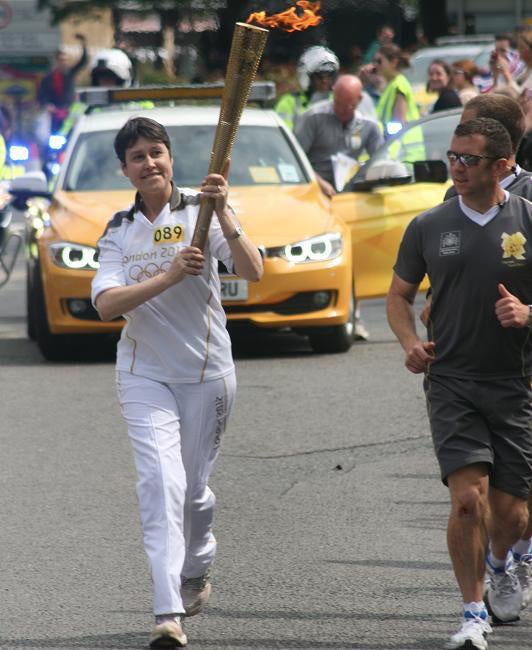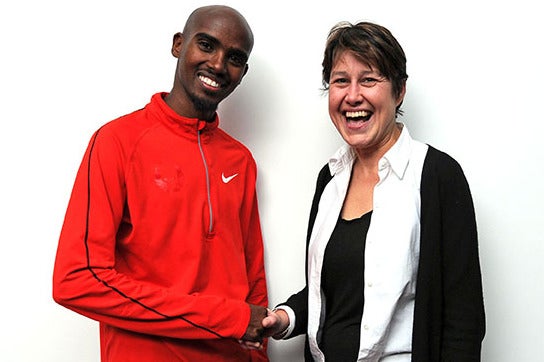Vikki Orvice: Sun journalist who blazed a trail for women covering sports
She worked in a newsroom but yearned for the sports desk and became the first woman to join a tabloid as a football correspondent

Your support helps us to tell the story
From reproductive rights to climate change to Big Tech, The Independent is on the ground when the story is developing. Whether it's investigating the financials of Elon Musk's pro-Trump PAC or producing our latest documentary, 'The A Word', which shines a light on the American women fighting for reproductive rights, we know how important it is to parse out the facts from the messaging.
At such a critical moment in US history, we need reporters on the ground. Your donation allows us to keep sending journalists to speak to both sides of the story.
The Independent is trusted by Americans across the entire political spectrum. And unlike many other quality news outlets, we choose not to lock Americans out of our reporting and analysis with paywalls. We believe quality journalism should be available to everyone, paid for by those who can afford it.
Your support makes all the difference.When she was a journalism student, Vikki Orvice – the first woman to win a job as a football writer on a UK tabloid – was accused of having her father, boyfriend or brother write a match report she handed in as a Christmas project.
Anna Kessel, her friend and fellow sports writer, told Radio 4’s Today programme that, back then, female sportswriters were referred to as “fluffies” by their male colleagues. Women could become war reporters but only men could truly grasp what’s going on in a soccer match.
Despite Julie Welch having covered her first match for The Observer in 1969, female football journalists tended to be desk-bound columnists (Orvice called Welsh “a lone figure blazing a trail on the broadsheets”). The pressbox remained aggressively male.
Orvice, however, had already navigated the macho atmosphere of the newsroom at the Daily Mail, whose then sports editor had assured her over a lunch that, in spite of her contributions to the sports desk, “I don’t think a woman could do this full-time”. This only fuelled her resolve

“You just have to be able to do the job,” she told The Independent in 1998, three years after she was appointed to The Sun by its then sports editor, Paul Ridley, who, remarkably, had sought her out.
Her editor’s faith in her was not shared by other colleagues whom, she later discovered, had predicted she wouldn’t last a week, when according to Kessel, they believed she’d be out in tears.
“I knew that my boss had taken a big gamble hiring me, but I didn’t feel any different – I’d been attending football matches since I was seven years old,” she once said. “I was often conscious that I was usually the only woman in a room and that if I asked a question about something, it would be viewed as a sign of weakness, so I had to be twice as on it as everybody else.”
In her first week at the paper, she reported from Cardiff and Millwall. “Surviving matches there meant you could survive anything,” she said.
By France 98 she was yet to be in a position to have her pick of the crop when it came to choosing matches to cover, she told The Independent, but was excited to be assigned England v Colombia. That year, she conducted her first interview with David Beckham.

Before joining The Sun she had been a news reporter for the Daily Mail, where she got to report on her first match after persuading its sports editor that she had what it took to cover Arsenal v Norwich – down the pub she had held her own talking about football to typically incredulous and backward male colleagues.
She stayed with the paper for the rest of her career, and was athletics correspondent when she died from cancer aged 56, having been diagnosed in 2007.
Keenly aware that a broad knowledge of sport would make her indispensable, she started writing about athletics in 2000. In 2002, she became athletics correspondent at The Sun, covering every Olympics since, as well as World Cup finals and Wimbledon.
“I’ve watched every one of Usain Bolt’s record-breaking races,” she said, sometimes incredulous that she got to live her dream and get paid for it.
Orvice covered the Rio Olympics in 2016 with incurable secondary breast cancer thanks to a drug trial.

In 2016, she won the British Athletic Writers’ Association “inspiration award”, the first non-track-and-field-star to win the gong, according to Women in Football – the organisation she helped to set up and of which she was director. She was also strongly involved in the Sports Journalists’ Association, running masterclasses.
She served as vice-chair of the Football Writers’ Association and was the first woman to chair the British Athletics Writers’ association.
Orvice counted athletes such as Jessica Ennis-Hill, Paula Radcliffe and Mo Farah among her fans.
“These people trusted her,” wrote her former colleague Steven Howard in The Sun. “Many times she was given information she couldn’t write about and didn’t – her scrupulousness being rewarded later with bigger stories she could write about.”
Orvice was aged 10 when she entered a Daily Express writing competition, reviewing a Sheffield United match – her father had taken her to see her team since she was three.
In 1984, she left the University of Leicester – where she was arts editor of student newspaper The Ripple – with a degree in English before returning to Sheffield for a postgraduate in journalism.
She then got a two-year apprenticeship at the Wakefield Express after which she moved to Bristol to work for the Western Daily Press.
Sometimes she would drive to London to do shifts, usually 5pm to 1pm, on The Observer and Daily Mail. Eventually she got offered six weeks of work at the Mail, which with Saturdays at The Observer gave her the confidence to move to the capital on the sofa a friend in Peckham.
She lived in Flamstead, near St Albans, where she co-founded the Flamstead Book Festival in the village’s medieval church, and his survived by her husband Ian Ridley, her stepdaughter Alex and stepson Jack and her mother Jean. Her father, Jack, died in 1996.
“People often say I must be hard,” she told The Independent. “But I’ve always just loved football. This is a dream job. It’s wonderful.”
The Sun has announced the Vikki Orvice Memorial Sports Journalism Scholarship in her hoour.
Vikki Michelle Orvice, sportswriter, born 8 November 1962, died 6 February 2019
Join our commenting forum
Join thought-provoking conversations, follow other Independent readers and see their replies
Comments